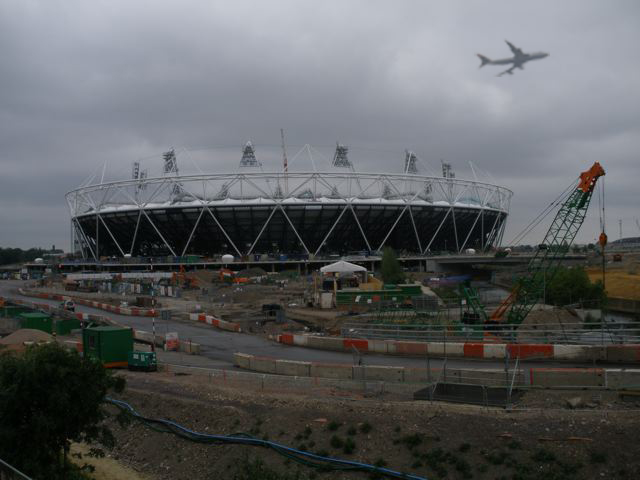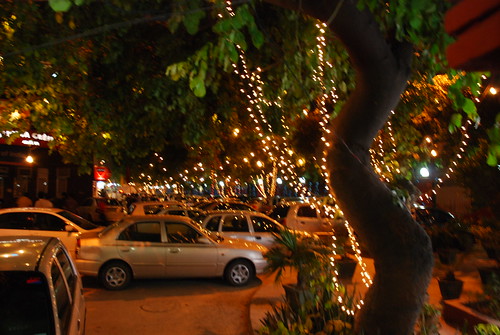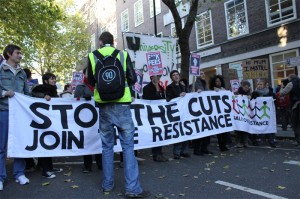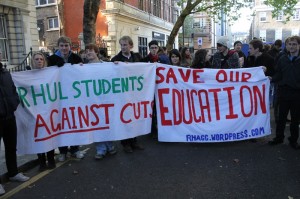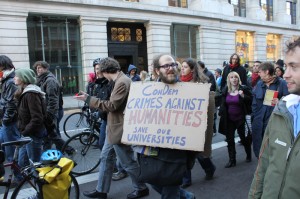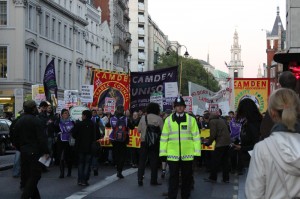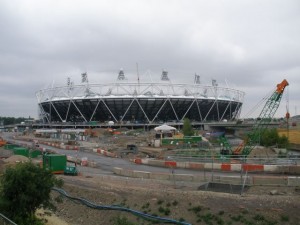Can documentaries about people living in poverty in the UK inform debate without resorting to voyeurism?
This relevant topic will be hotly debated on Friday at Sheffield’s documentary festival.
Among those taking part is Mark Saunders, independent documentary filmmaker and founder of Spectacle, a campaigning media production company and ever expanding web presence. Spectacle produced the Poverty and Participation in the Media Project. Mark will be showing clips discussing the BBC’s documentary The Tower and Channel 4’s Rich Kid, Poor Kid.
He will be joined on the platform by leading UK programme makers Andy Glynne, Nick Fraser, Jim Boyle, Alexander Goodman and Robert Pendlebury. Brian Woods of True Vision and Julia Lewis from the Rowntree Foundation are moderating.
Although reality shows have attempted to provide more insight into the realities of life in poverty, they beg the question as to whether contrasting wealth and poverty is a sound approach. There may be better ways to create memorable, sensitive and engaging films.
After the debate, there will a series of shortlisted pitches.
The event is being hosted by the Joseph Rowntree Foundation, which has partnered with Mosaic Films and BBC Storyville to find documentary makers who can produce compelling stories which engage audiences and encourage debate on poverty in the UK.
Venue: Town Hall Reception Rooms
Date: Friday 05 November 2010
Time: 10:30am
Click Poverty and the Media for more blogs
Or visit our Poverty and the Media project pages for more information and videos.
Spectacle homepage
Befriend Spectacle.Docs on Facebook
Follow SpectacleMedia on Twitter


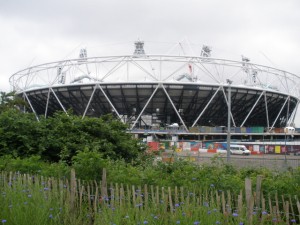

 chief executive Andy Hunt was jubilant that the Con-Lib coalition government had excluded the games from the recent drastic spending cuts.
chief executive Andy Hunt was jubilant that the Con-Lib coalition government had excluded the games from the recent drastic spending cuts.